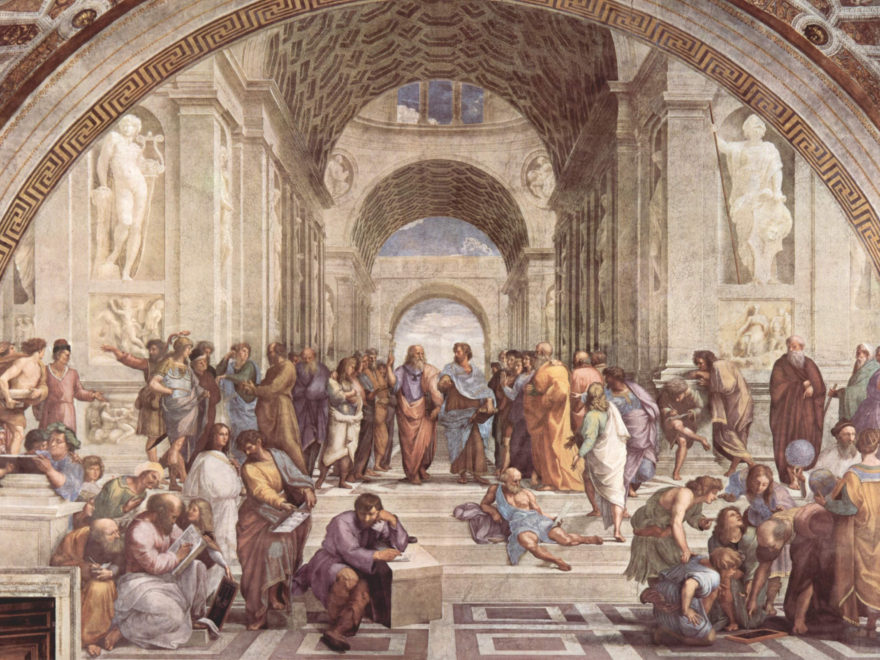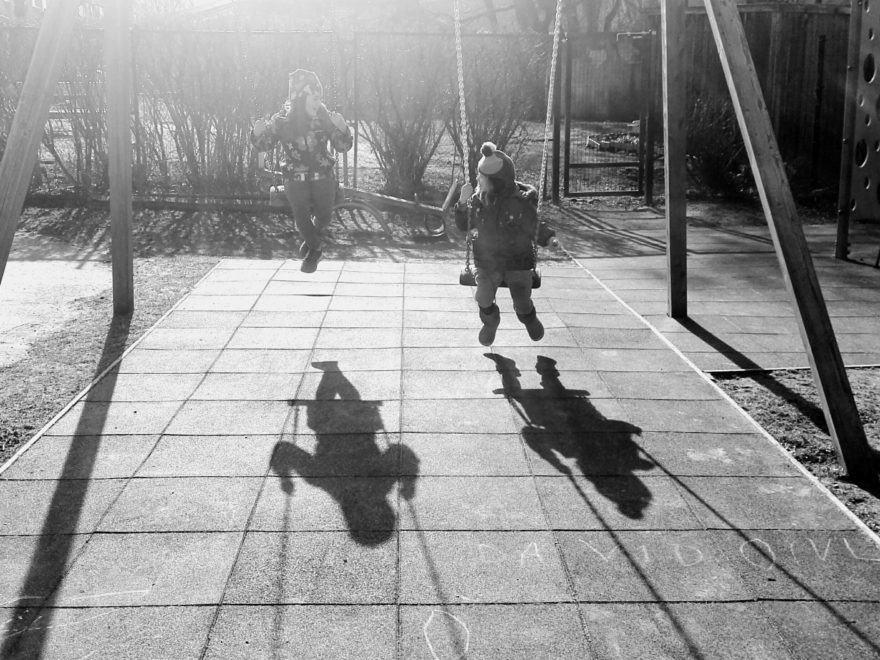Author: Patrick Egan
-

Easier Than You Think, Yet Harder Than You Think: Teaching the Bible to Children
The Bible ought to be taught to children. This should be self-evident from a theological perspective, given that the Bible is God’s authoritative self-revelation to mankind. “Let the little children come to me,” Jesus says, “and do not hinder them.” From an educational perspective, though, we do well to ask ourselves what it means to…
-

Why Study Western Civilization?
The classical Christian movement has at its core a commitment to teaching Western civilization. Even though we teach Western civ, its distinctive qualities are not always clear. As a result, many educators (even within the classical movement) question why we would teach Western civilization. Here I will lay out what I think are the three…
-

Educating for Moral Character and Civic Duty
There was a fascinating set of papers delivered at the recent Education 20/20 Speaker Series presented by the Fordham Institute, a conservative think tank addressing education policy. Living in a private school world, I have been largely out of the loop on public education policy debates. So I was intrigued to learn more about the…
-

Review of Recovering the Lost Tools of Learning by Douglas Wilson
Most people in the classical Christian school movement look upon Dorothy Sayer’s 1947 essay “The Lost Tools of Learning” as something of a founding document. However, the movement as it currently exists in North America stems from the implementation of that essay in the late 1980s, and is best represented in Douglas Wilson’s Recovering the…
-

Renaissance Education: Looking to the Past to Chart a Course for Education Today
Education in the Renaissance centered around a rediscovery of lost ideas leading to a rebirth of civilization. Looking back to Renaissance education provides insight into our own age as we reclaim the great texts and ideas lost over the past decades through waves of progressive educational reform. Rediscovering a World of Ideas Prior to the…
-

Overcoming Procrastination
Procrastination can be debilitating for teachers and students alike. We often treat procrastination as either a mental issue or a time-management issue. I was inspired by Jason’s series on self-control, especially his latest article on attention and willpower. I think learning more about procrastination ties right into his ideas. However Tim Pychyl in his book…
-

Rules for Schools?: An Interaction with Jordan Peterson’s 12 Rules for Life (Part 3)
I have been interacting with Jordan Peterson’s 12 Rules for Life over the past few weeks. This is now the third and final installment. Part 1 looked at habit formation and deliberate practice, while part 2 considered several of Peterson’s rules in conjunction with the idea of discipline. At the heart of Peterson’s book is a concern for…
-

Rules for Schools?: An Interaction with Jordan Peterson’s 12 Rules for Life (Part 2)
Last week I wrote part 1 of my interaction with Jordan Peterson. Here is part 2, grouping several of his 12 rules for life. Discipline is one of the hardest aspects of life as a teacher. Discipline for parents can be quite difficult. But discipline is even harder when you are dealing with other people’s…


